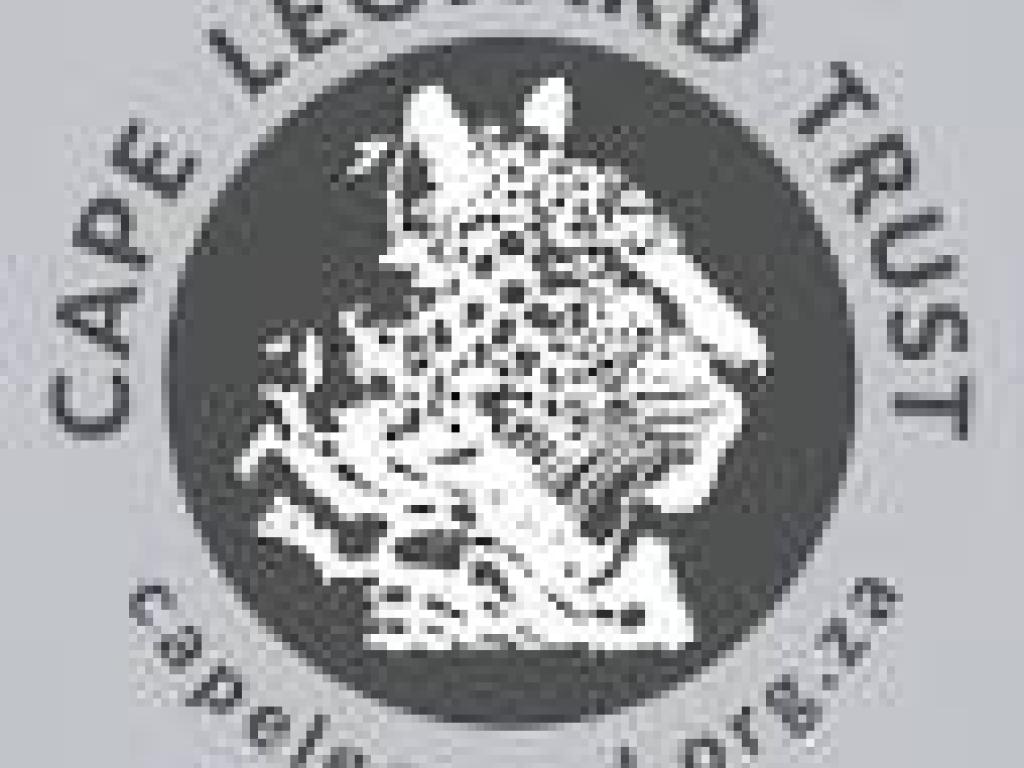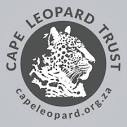Cape Leopard Trust Masters: Call for applications



Call for applications: Masters Bursary for Investigating the drivers of snaring and communities’ perceptions of potential solutions 2023 - 2024. Deadline for applications: 18 November 2022
Project background
Hunting with snares is a relatively quick, easy, and cheap way to capture game, but it is illegal, indiscriminate, and takes a huge toll on the entire ecosystem, especially impacting apex predators like leopards (Martins & Shackleton, 2019; Ripple et al., 2016; Williams et al., 2017). In the Western Cape, South Africa, wire snares are often set to catch game meat species such as small antelope and porcupine, species which comprise a significant proportion of the leopard’s diet (Mann et al., 2019; Nieman et al., 2019b). Snares adversely affect large carnivores by reducing their prey base and can also maim or even kill leopards (Williams et al., 2017; Wolf & Ripple, 2016).
The Cape Leopard Trust (CLT) has conducted introductory research into the frequency, distribution, and drivers of illegal snaring and discovered that even on conservation-minded farms in the Boland, snaring was evident (Kendon et al., In Press; Nieman et al., 2019b). Food insecurity in local communities, the use of animal parts in traditional medicine, and hunting for skins act as key catalysts for snaring (Nieman et al., 2019a; Nieman et al., 2019b). Despite the severity of the threat, management approaches have traditionally been reactive, i.e. anti-poaching and punitive based, with efforts invested in removing snares from the landscape, rather than offering practical human-centric conservation solutions which consider the socio-economic drivers of snaring (Lindsey et al., 2013; Martins & Shackleton, 2019; van Velden et al., 2018).
This project, supported by the CLT and the University of Cape Town (UCT), will undertake qualitative research to evaluate current regulatory guidelines and cultural values to understand the specific drivers of snaring in the Winelands and the Overberg, and in partnership with communities, identify and co-develop localised opportunities to address the socio-economic drivers of snaring. Drawing on previous research, we are seeking a Masters student to undertake a baseline assessment to gain an in-depth understanding of local food security and food acquisition practices, the drivers of snaring, and communities’ perceptions of and responses to potential solutions and alternatives. The results of this research will improve the CLT’s understanding of snaring facets and possible interventions or regulations, enabling the co-development and implementation of human-centred sustainable alternatives to snaring in local communities.
Call for applications
We seek a motivated individual to conduct qualitative research including intensive interviews, facilitating focus groups and undertaking participant observation, and to analyse and present the findings. The ideal candidate will have a foundation in sociology, anthropology, or criminology, and have an interest in social-ecological systems, conservation, wildlife crime, and food insecurity. The candidate must be prepared to work in rural areas of the Western Cape.
The position is subject to admission into LLM or MPhil studies in the Law Faculty at UCT. Please note there is a minimum requirement of a GPA of 65 - more information here http://www.sals.uct.ac.za/sals/nature/overview/llm
Funding
Masters full-time over 2 years: R 105,000 pa and reasonable project running costs
This Masters bursary is available through the International Fund for Animal Welfare (IFAW) in partnership with the CLT.
Requirements - Minimum
- A BA Honours degree in sociology, anthropology, criminology, or a related discipline
- Evidence of strong scholarly performance
- Demonstrated competence in undertaking qualitative research
- Strong communication and organisational skills
- A student that can work independently and is well organized
- Written and oral proficiency in English
- Valid and clean driver’s licence
Requirements - Desirable
- Oral proficiency in Afrikaans and isiXhosa
- Applications are particularly invited from South African nationals, especially candidates from previously disadvantaged groups
To apply
Interested candidates should send:
• A motivation letter detailing your skills, experience, and areas of interest, and how they are relevant to this project
• A detailed CV that includes your academic record, previous work experience, any scientific publications on which you have been an author, and the names of at least two academic referees (max 4 pages)
• Full academic transcripts
• Copies of scientific publications (if available)
Applicants that meet the above-listed requirements are invited to submit their applications electronically to Dr Katy Williams: rcdirector@capeleopard.org.za with a subject line “Cape Leopard Trust Snare MA application”.
We encourage you to submit your application as soon as possible, but at the latest by 18 November 2022.
Information on Cape Leopard Trust can be found on their website: www.capeleopard.org.za.
The CLT and UCT reserve the right to not fill the position if there are no suitable candidates.
